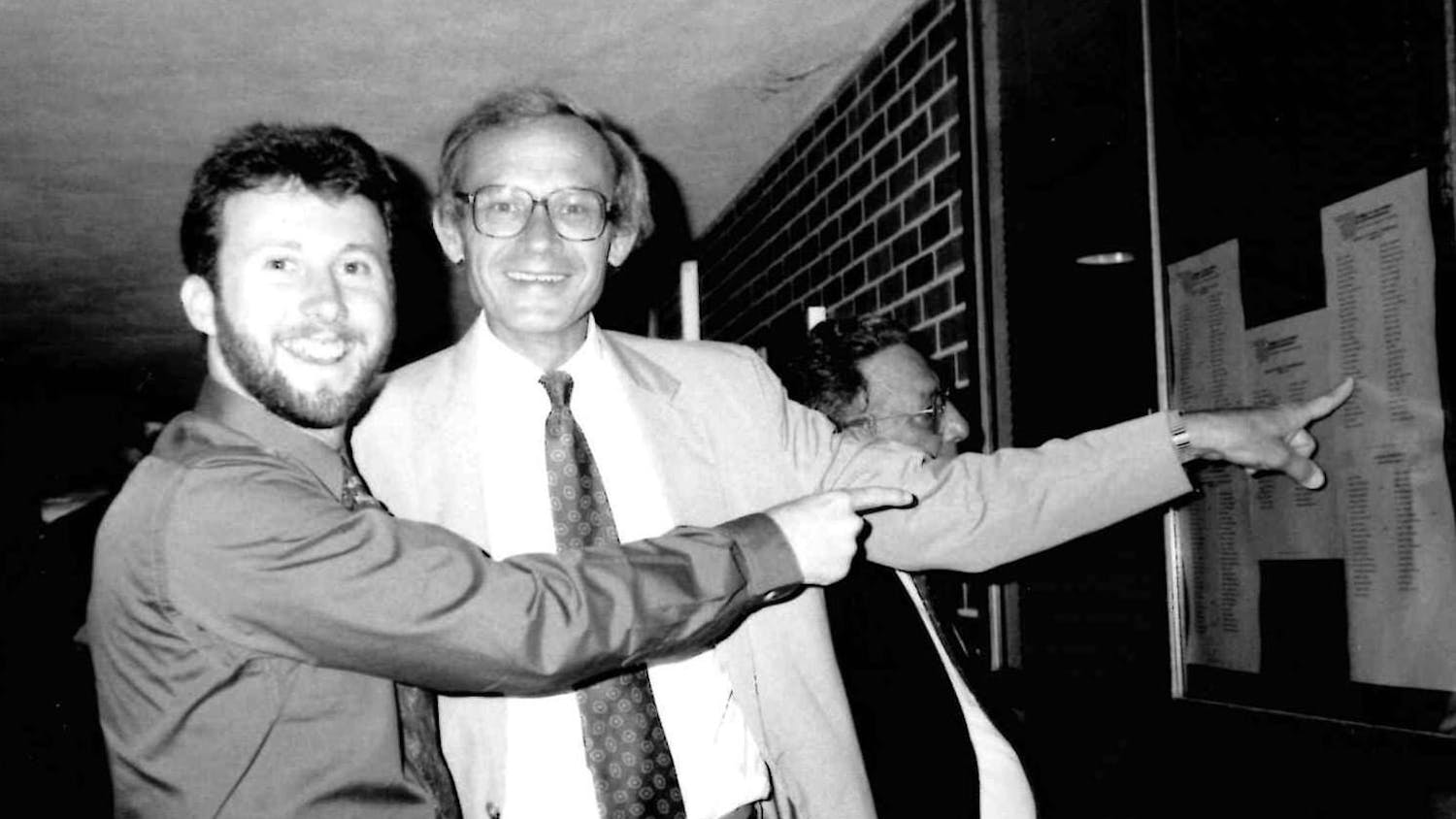It seems a chapter of one of the year’s most grueling stories — one that encompasses journalism, college life and sexual assault — has come to an end.
We’re talking, of course, about the controversy surrounding an article published last year by Rolling Stone, a story called “A Rape on Campus.” It told the horrifying story of a University of Virginia student identified only as “Jackie,” who told a Rolling Stone contributing writer she had been gang-raped at a fraternity party her freshman year. “A Rape on Campus” repeated this story and criticized UVA administrators for bungling the investigation.
Since then, it’s become clear that, at the very least, much of the story is inaccurate or false. On Jan. 12, a police investigation concluded Jackie could not have been assaulted at the fraternity she accused in the story. As things began to fall apart, Rolling Stone submitted the story to the prestigious Columbia University Graduate School of Journalism for review. The report, released Sunday night, confirmed public doubts about the story.
The exhaustive report has been described as “a piece of journalism... about a failure of journalism.” It explores the ill-fated and poorly executed story. In summary, the story was riddled with inconsistencies and inaccuracies that would have dismissed Jackie’s story immediately, but they weren’t found out because the magazine was reluctant to challenge Jackie’s version of events. Multiple people at Rolling Stone neglected crucial elements of journalistic procedure, cutting corners to publish a story that turned out to be too awful to be true.
The writer, Sabrina Rubin Erdely, didn’t pressure Jackie into providing the names of the rapists and three friends she claimed had betrayed her. Erdely’s editor was okay with the decision to use pseudonyms in lieu of attribution, ignoring the standard journalistic practice of contacting all parties for their sides of the story. Copy editors decided to go along with the decision rather than challenge their superiors on the call.
Irresponsibility on this level comes with huge consequences. First and foremost, the story — meant to publicize a particularly horrific example of sexual assault so prevalent on college campuses — did a massive disservice to victims. It will serve as one more piece of evidence against them in the court of public perception and one more hurdle to overcome in the pursuit of justice.
A society which is already quick to dismiss their stories will point to Jackie and Rolling Stone as reasons she shouldn’t be believed.
It has disgraced Rolling Stone and tarnished the reputation of the fraternity, which will be suing the magazine for defamation, and it has validated the rape apologists who eagerly hounded the story from the very beginning. The fact that they happened to be right about this one will encourage them to perpetuate their warped worldview.
That’s what’s so infuriating about all this: Rolling Stone let us all down. Its botched reporting was irresponsible, but it wasn’t a hit piece — it was a mistake, based on hubris and the unreliable testimony of a source. Erdely could have written stories just as horrifying but true.
The problem of sexual assault persists. Rolling Stone only set back efforts to stop it.
[A version of this story ran on page 6 on 4/7/2015 under the headline “Reflections on the UVA/Rolling Stone report”]




